By Diplomacy Journal Lee Kap-soo
“Ghana remains an attractive destination for investments in the sub region. Having developed and grown our democracy and political stability tremendously over the past three decades, our efforts at trade and industrial development have also seen good progress,” said H.E. Amb. Charis Obetsebi-Lamptey Zwennes of Ghana to Korea.
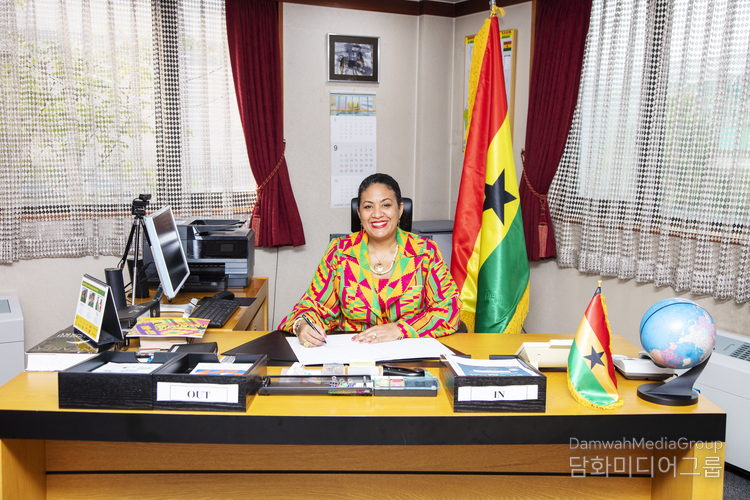
In a recent interview with the Diplomacy Journal, Amb. Obetsebi-Lamptey Zwennes said, “In keeping with Ghana’s long-term vision of achieving resilient economic development, the government has consistently pursued an export diversification drive to ensure that non-traditional exports can contribute substantially towards a sustainable GDP growth and economic development.”
Noting that the government of Ghana is driving the industrial transformation through targeted initiatives in key “Strategic Anchor Industries,” she said, “Focus Areas for Ghana include, petrochemical, iron and steel, vehicle assembly and automotive industry, garments and textiles and pharmaceuticals industries.”
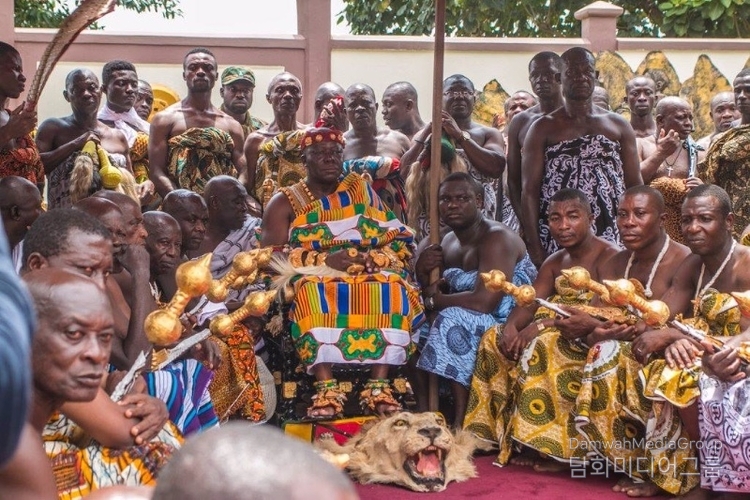
Asked about what was the most rewarding moment while serving as an ambassador in Seoul, she said, “The most significant milestone of my time in Seoul has been the participation of His Excellency Nana Addo Dankwa Akufo-Addo, President of the Republic of Ghana, in the 2024 Korea-Africa Summit during which he held a bilateral meeting with President Yoon Suk-yeol to discuss important matters of mutual interest which would further enhance the warm, fruitful relations between our two countries.”
The following is the excerpts of the Diplomacy Journal's interview with H.E. Amb. Charis Obetsebi-Lamptey Zwennes of Ghana to Korea.--Ed.
Question: Diplomatic relations between Ghana and South Korea were officially formed in 1977. How has the relationship developed over the period?

Answer: Ghana and South Korea did indeed establish diplomatic relations in 1977 and have since cooperated over the years to foster closer ties both at the governmental and people-to-people levels. Several cooperation agreements in various sectors have been signed as the basis for many completed and ongoing projects.
Additionally, scores of young and gifted Ghanaians have had the opportunity to study, mainly for advanced degrees, in South Korean universities on scholarships through the generosity of the South Korean people.
Several high-level visits involving Government Officials and Members of Parliament have been exchanged between the two countries including the visit of Prime Minister Han Duck-soo to Ghana in December, 2022 and the participation of His Excellency Nana Addo Dankwa Akufo-Addo, President of the Republic of Ghana in the Korea-Africa Summit in Seoul in June, 2024.
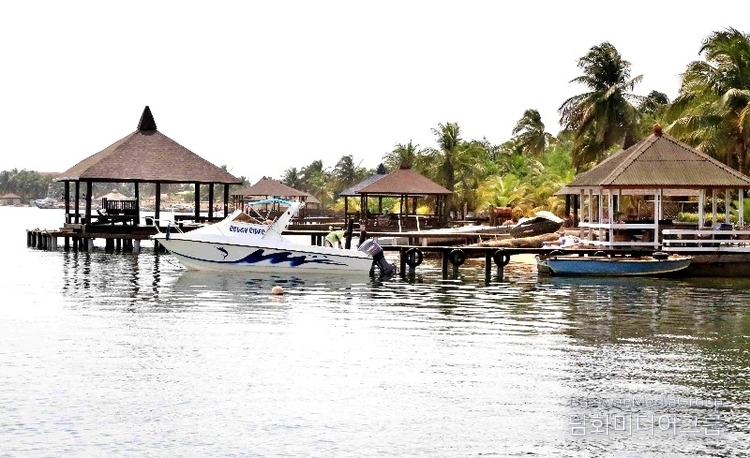
Such visits have led to enhanced relations and closer cooperation in bilateral and multilateral matters including both countries’ respective membership of the United Nations Security Council and hosting of the United Nations Peacekeeping Ministerial Meeting.
The establishment of the Rana Motors Assembly Plant to assemble Kia vehicles in Ghana is a prime example of private sector partnership that can contribute significantly to a mutually beneficial relationship between Ghana and South Korea.
Ghana’s participation in the K-Rice belt project, for example, is a case in point that demonstrates the possibility for success of public and private sector collaboration in infrastructure, real estate, manufacturing, oil and gas, mining, energy, water and sewerage, agriculture and agro-production, technology, ICT and innovation, among others.
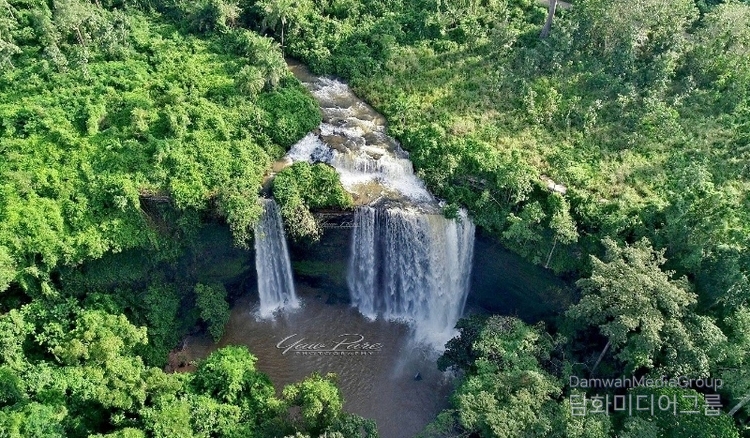
Relations between Ghana and the Republic of Korea have been very positive over the past twenty-seven years and heralds a very high potential for further and deeper cooperation across all sectors of the respective economies and in cultural matters.
More opportunities for collaboration in education such as the exchange of faculty between Institutions of higher learning, expanded scholarship schemes and collaboration in research would be of mutual benefit.
Additionally, other cultural exchanges including visits by Ghanaian performing artistes to South Korea and vice versa as well as sport competitions in taekwondo, football, athletics, tennis, volleyball etc. remain to be explored.

Q: What tourist attractions in Ghana do you want to recommend to Korean tourists? Do you have any Government programs to attract foreign tourists, including Koreans, to Ghana?
A: Ghana has great potential for tourism and boasts of diverse flora and fauna that makes an attractive destination for eco-tourism. Tourist sites such as the Kakum, Mole and Shai Hills National Parks, the forts and castles spread along the coast, Wli waterfall, various museums across the country such as the Manhyia Museum in Kumasi, the Museum of Science and Technology, the Kwame Nkrumah Memorial Park and Museum, Nzulezu Stilt Settlement as well as the annual Kwahu paragliding festival are very popular and rewarding to explore.
The many forts and castles found all along the coast and other locations in Ghana as well as the Asante traditional buildings found in the Ashanti kingdom form part of the UNESCO World Heritage properties and sites located in Ghana.
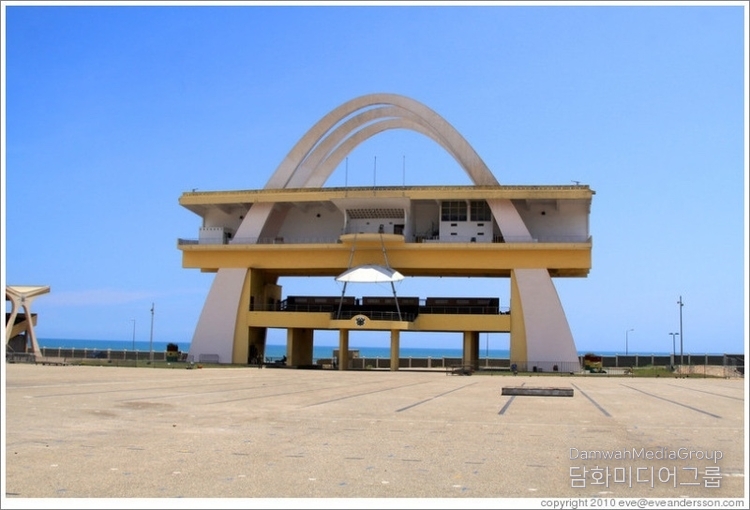
Other tourist-centered events are “December in Ghana,” the Winneba Masquerade Festival, Bonwire Kente Festival, Asogli Yam Festival, Homowo, other traditional festivals among many others all across the country.
Q: What is the present volume of bilateral trade between Ghana and South Korea? In Ghana, what kinds of industrial sectors are attractive to Korean investors?

A: Data from official sources indicates that trade between Ghana and South Korea has seen significant growth over the years, with a cumulative trade from 2018 to 2022 amounting to approximately USD 1.4 billion.
It is worth noting that exports from Ghana and South Korea over the last 27 years have increased at an annual rate of 5.15%, increasing from $9.13 million in 1995 to $35.4 million in 2022, with South Korea's exports to Ghana also increasing at an annual rate of 6.58%, from $37.5 million in 1995 to $209 million in 2022 over the same period.
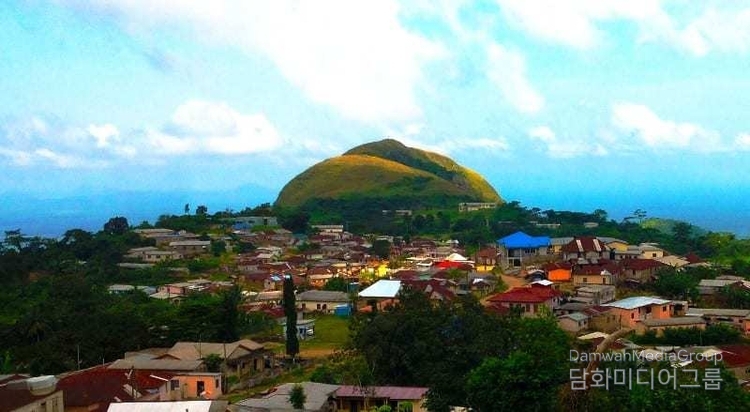
Nevertheless, the balance of trade is largely in favour of South Korea. Continuous partnership between the two countries through structured investments towards strategic sectors is important to continue expanding the growth in trade as witnessed over the last two decades.
Ghana remains an attractive destination for investments in the sub region. Having developed and grown our democracy and political stability tremendously over the past three decades, our efforts at trade and industrial development have also seen good progress. In keeping with Ghana’s long-term vision of achieving resilient economic development, the Government has consistently pursued an export diversification drive to ensure that non-traditional exports can contribute substantially towards a sustainable GDP growth and economic development.
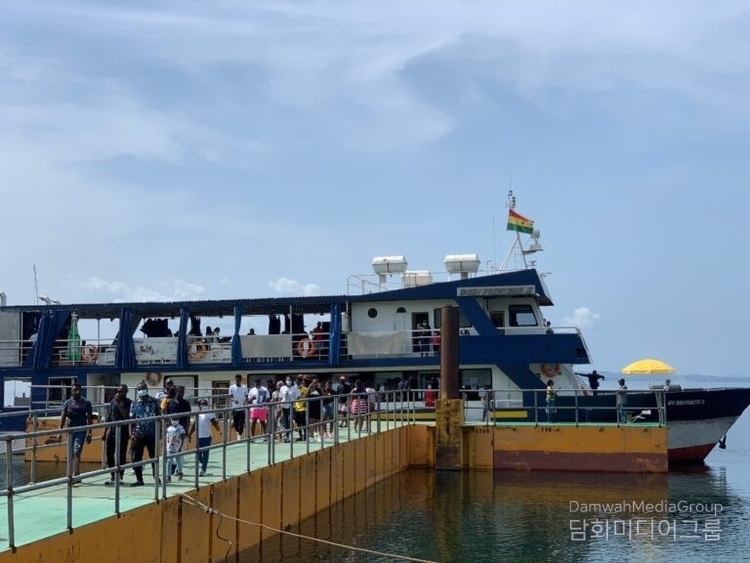
The Government is driving Ghana’s industrial transformation through targeted initiatives in key “Strategic Anchor Industries”. Focus Areas for Ghana include, petrochemical, iron and steel, vehicle assembly and automotive industry, garments and textiles and pharmaceuticals industries.
The international automobile industry has been highly responsive to the implementation of Ghana’s Automotive Development Policy, with eleven global brands including KIA and Hyundai being assembled under the Policy. Its implementation is on course to make Ghana a leading automotive and component manufacturing hub in West Africa.
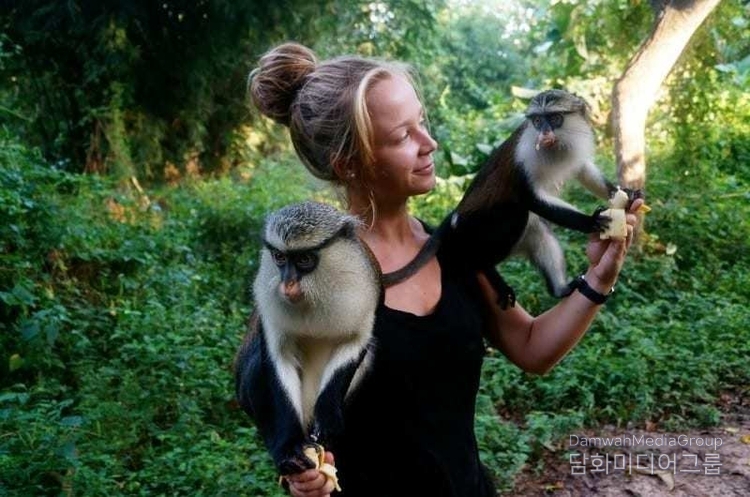
In May 2023, Rana Motors’ state-of-the-art assembly plant was commissioned to produce a range of KIA vehicles. The plant, which is currently the largest vehicle assembly plant in Ghana, incorporates several innovative and sustainable solutions to minimize water and energy consumption. The initial production capacity is 35,000 vehicles per annum, with the potential to expand to 70,000 vehicles.
A number of sector specific policies to support and further boost private sector investment in key strategic anchor industries will be launched and implemented. They include the Auto Component and Parts Manufacturing Policy, the Textiles and Garments Policy, and the Pharmaceutical Manufacturing Policy.
Q: What was the most rewarding or happiest moment while you have been working as a Diplomat?
A: My experience as a diplomat in the Republic of Korea has of comprised a series of memorable events that have come about from my exploration of South Korea and its culture. I am most grateful to the leadership of the Republic of Korea, the Minister and Officials at the Ministry of Foreign Affairs for their support and cooperation during my time in Seoul.
It is appropriate to pay tribute to the Forum for Africa of the National Assembly as well as the Korea Africa Foundation for the various platforms they have provided for establishing meaningful connects both within the Diplomatic community and with South Korean Officials at different levels.
I have also had the pleasure and privilege of visiting several cities and provinces of this beautiful country at the invitation of their respective Mayors. These experiences have afforded me the opportunity to learn about the unique geography, culture and economic opportunities of those locations.
The most significant milestone of my time in Seoul has been the participation of His Excellency President Nana Addo Dankwa Akufo-Addo, President of the Republic of Ghana in the 2024 Korea-Africa Summit during which he held a bilateral meeting with President Yoon Suk yeol to discuss important matters of mutual interest which would further enhance the warm, fruitful relations between our two countries.







